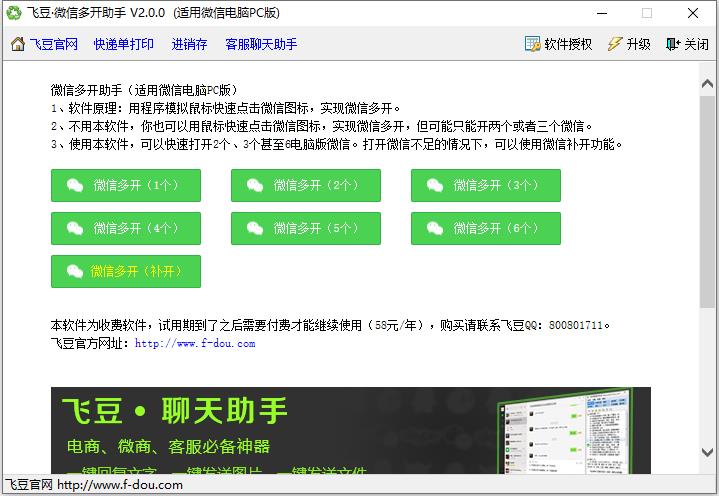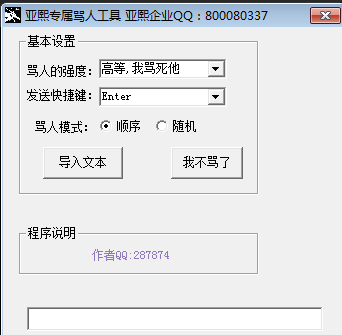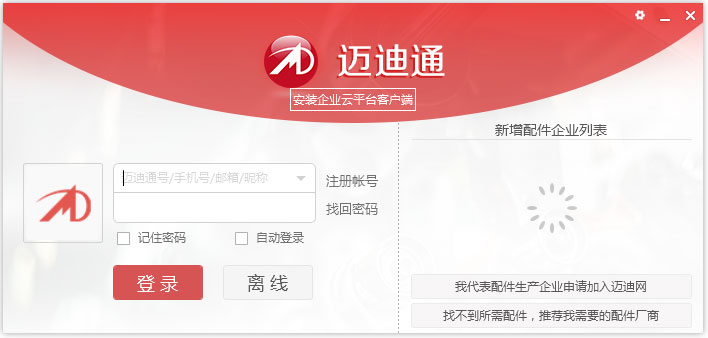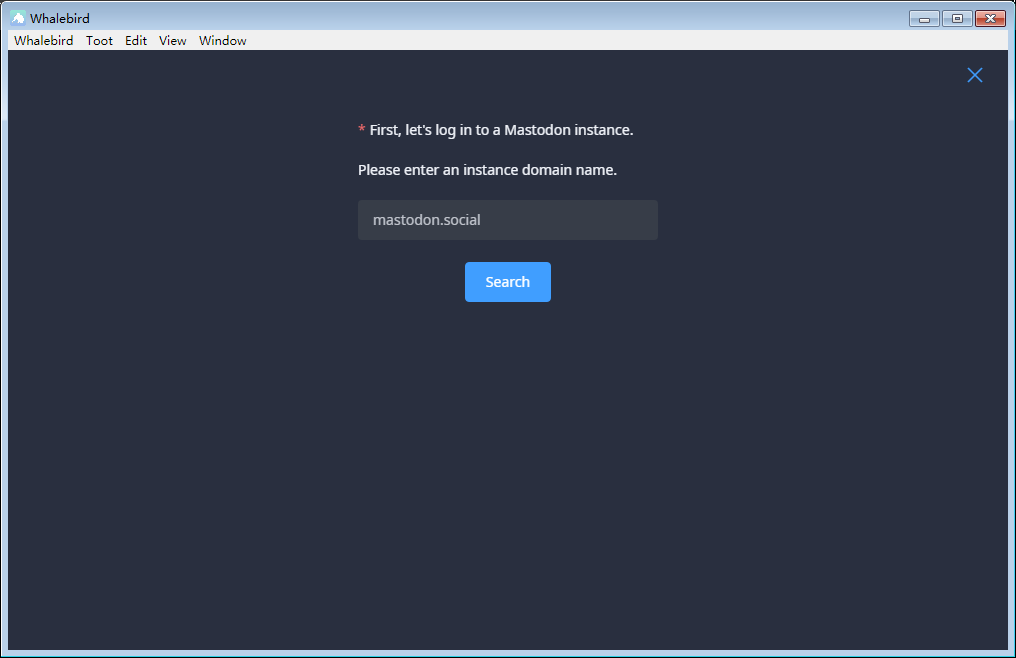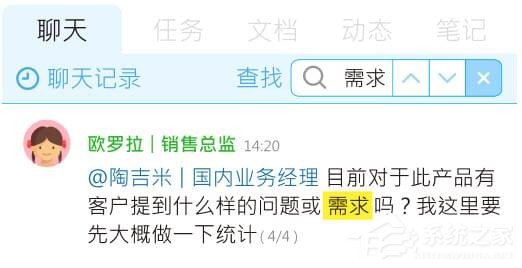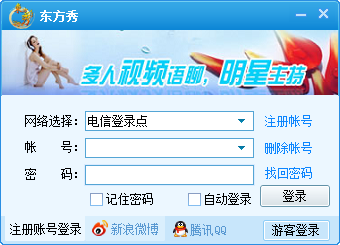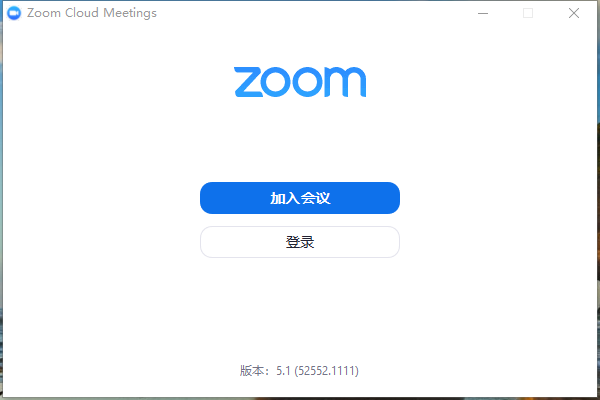vue适用多页面应用吗
时间:2022-12-19 16:04
vue适用多页面应用。vue在工程化开发的时候依赖于webpack,而webpack是将所有的资源整合到一块后形成一个html文件 一堆js文件;如果想使用vue实现多页面应用,就需要对它的依赖进行重新配置,即通过修改webpack配置来让脚手架具备构建多页应用的能力。 本教程操作环境:windows7系统、vue3版,DELL G3电脑。 我们知道vue可以快速开发web单页应用,而且官方为我们提供了自己的应用脚手架vue-cli,我们只需要下载脚手架,安装依赖后就可以启动vue应用雏形。 这得益与webpack的依赖追踪,各种资源后缀的loader,以及相关webpack插件的强大功能。 然而有些时候,我们有多页面的开发需求,在这种情况下,我们可以为多页面构建相应的多个应用,比如通过vue-cli生成多个应用目录,但是这样一方面会多出很多重复的构建代码和样板代码,另外也会破坏应用的统一性,不便于维护。我们可以在vue-cli的基础上通过修改webpack配置来让脚手架具备构建多页应用的能力。 vue在工程化开发的时候依赖于 webpack ,而webpack是将所有的资源整合到一块后形成一个html文件 一堆 js文件, 如果将vue实现多页面应用,就需要对他的依赖进行重新配置,也就是修改webpack的配置文件. 下面主要详述Vue的多页面应用开发(MPA) 1.1、需要修改的配置文件 1、进入\build\webpack.base.conf.js目录下,在module.exports的域里,找到entry,在那里配置添加多个入口: 注意绿色框的修改和对应。 2、对开发环境run dev里进行修改,打开\build\webpack.dev.conf.js文件,在module.exports那里找到plugins,下面写法如下: 说明:这里的配置比较重要 ,如果没写好的 在打包的时候就会报错了, 在chunks那里的app指的是webpack.base.conf.js的 entry 那里与之对应的变量名。chunks的作用是每次编译、运行时每一个入口都会对应一个entry,如果没写则引入所有页面的资源。也就是没有改项目配置前形成的单页应用。 3、之后就对run build也就是编译环境进行配置。首先打开\config\index.js文件,在build里加入这个 说明:这里也就是打包之后dist文件夹中形成的 html。 4、然后打开/build/webpack.prod.conf.js文件,在plugins那里找到HTMLWebpackPlugin,添加 说明:其中filename引用的是\config\index.js里的build,每个页面都要配置一个chunks,不然会加载所有页面的资源。 1.2、我的目录 2.3、需要新建的几个文件的代码 1、one.js文件代码:(我这里是举例),two.js和这个代码类似,注意将“one”替换成“two”即可。 2、one.vue文件代码:(我这里是举例),two.vue和这个代码类似,注意将“one”替换成“two”即可。 3、one.html文件代码:(我这里是举例),two.vue和这个代码类似,注意将“one”替换成“two”即可。 注意! 【相关推荐:vuejs视频教程、web前端开发】 以上就是vue适用多页面应用吗的详细内容,更多请关注gxlsystem.com其它相关文章!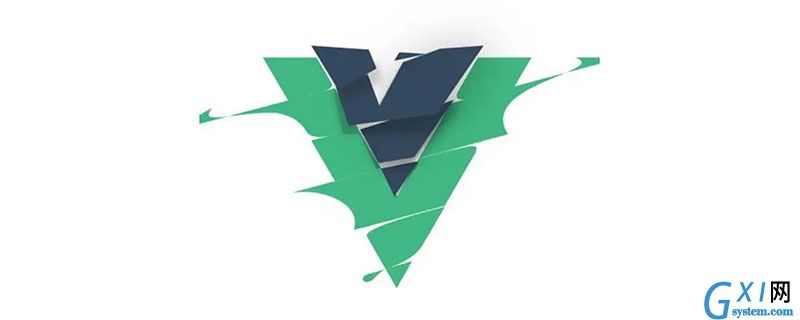
具体实现步骤
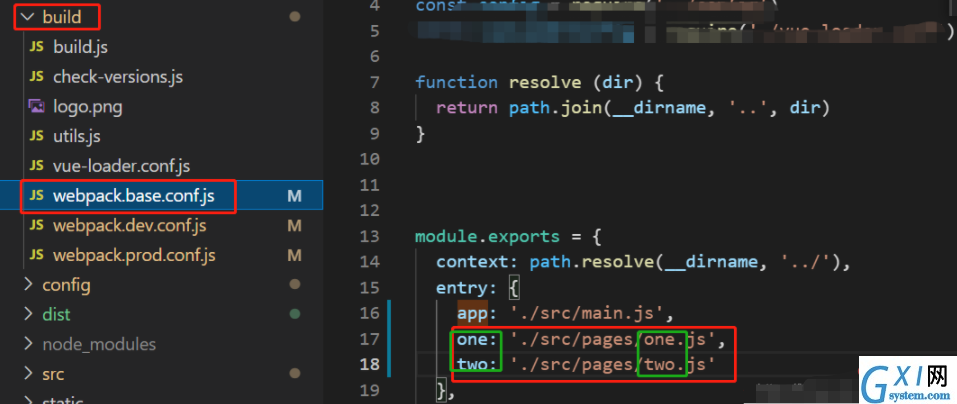
entry: {
app: './src/main.js',
one: './src/pages/one.js',
two: './src/pages/two.js'
}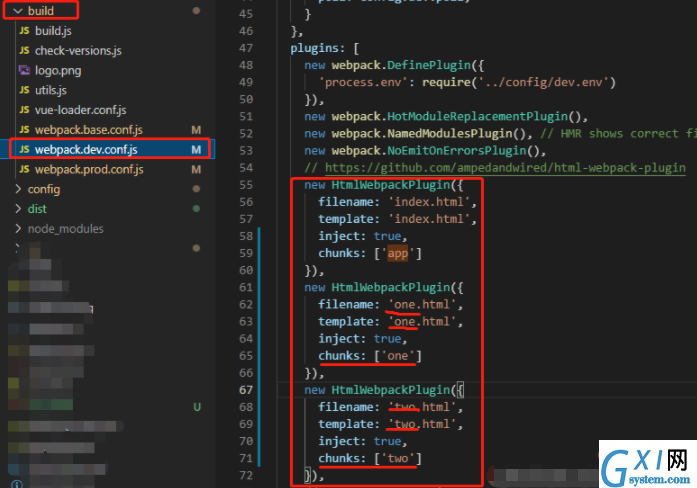
new HtmlWebpackPlugin({
filename: 'index.html',
template: 'index.html',
inject: true,
chunks: ['app']
}),
new HtmlWebpackPlugin({
filename: 'one.html',
template: 'one.html',
inject: true,
chunks: ['one']
}),
new HtmlWebpackPlugin({
filename: 'two.html',
template: 'two.html',
inject: true,
chunks: ['two']
}),
index: path.resolve(__dirname, '../dist/index.html'),
one: path.resolve(__dirname, '../dist/one.html'),
two: path.resolve(__dirname, '../dist/two.html'),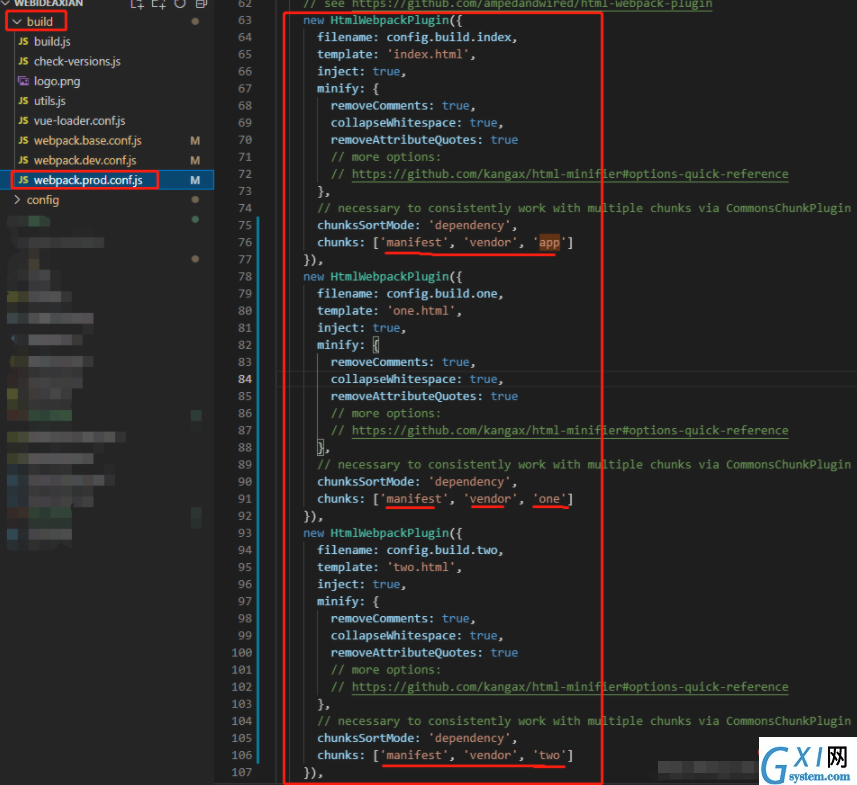
new HtmlWebpackPlugin({
filename: config.build.index,
template: 'index.html',
inject: true,
minify: {
removeComments: true,
collapseWhitespace: true,
removeAttributeQuotes: true
},
chunksSortMode: 'dependency',
chunks: ['manifest', 'vendor', 'app']
}),
new HtmlWebpackPlugin({
filename: config.build.one,
template: 'one.html',
inject: true,
minify: {
removeComments: true,
collapseWhitespace: true,
removeAttributeQuotes: true
},
chunksSortMode: 'dependency',
chunks: ['manifest', 'vendor', 'one']
}),
new HtmlWebpackPlugin({
filename: config.build.two,
template: 'two.html',
inject: true,
minify: {
removeComments: true,
collapseWhitespace: true,
removeAttributeQuotes: true
},
chunksSortMode: 'dependency',
chunks: ['manifest', 'vendor', 'two']
}),
import Vue from 'vue'
import one from './one.vue'
Vue.config.productionTip = false
/* eslint-disable no-new */
new Vue({
el: '#one',
render: h => h(one)
})<template>
<div id="one">
<p>{{msg}}</p>
</div>
</template>
<script>
export default {
name: 'one',
data() {
return {
msg: 'I am one'
}
}
}
</script><!DOCTYPE html>
<html>
<head>
<meta charset="utf-8">
<meta name="viewport" content="width=device-width,initial-scale=1.0">
<title>one-page</title>
</head>
<body>
<div id="one"></div>
</body>
</html><div id="one"></div>中id的修改,之前忘记修改,页面空白无内容,打开控制台可以看到div标签中并无内容,且id是app我才反应过来,修改后就好了。
